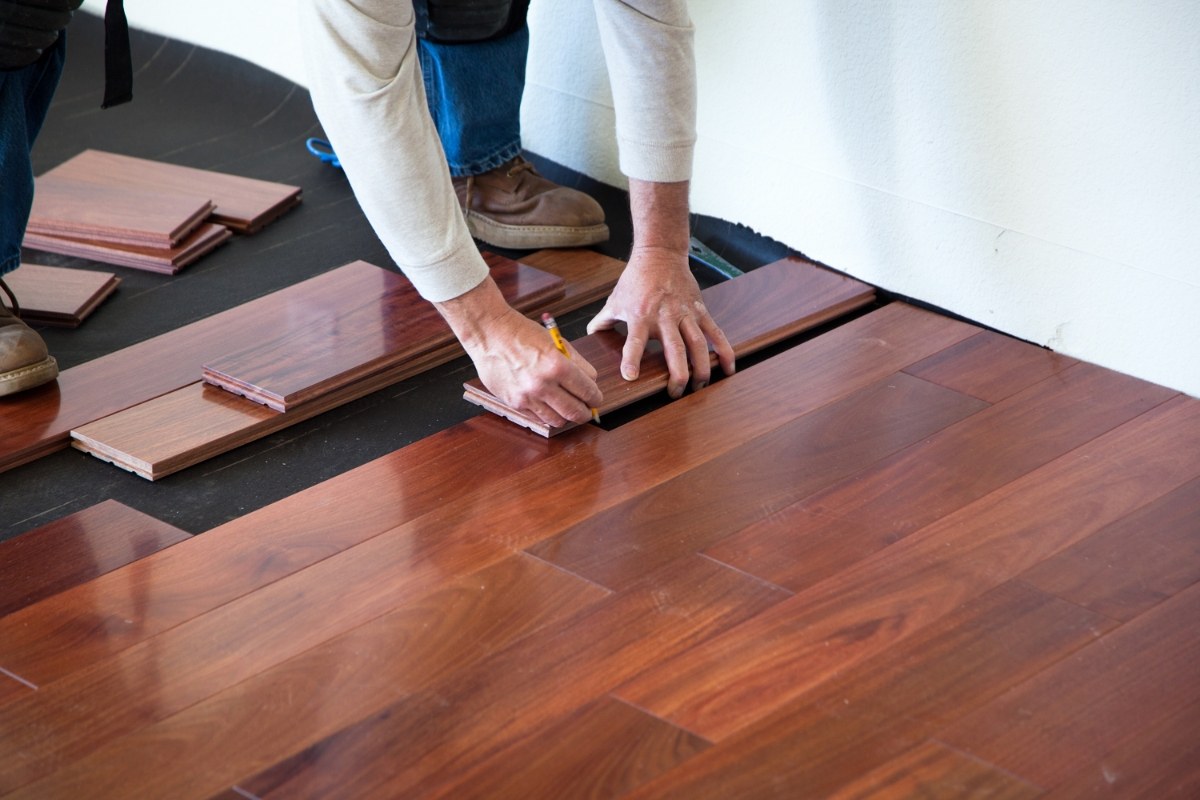Choosing between DIY and professional installation for hardwood flooring is a crucial decision for homeowners. This comprehensive guide will explore both options, covering the advantages, challenges, and essential considerations to help you make an informed choice.
Hardwood flooring adds timeless elegance and warmth to any home. However, installing hardwood floors comes with its set of challenges and considerations. This article will delve into the pros and cons of DIY vs. professional hardwood flooring installation, aiming to equip you with the knowledge needed to decide the best approach for your project.
Understanding Hardwood Flooring
Before deciding on the installation method, it's essential to understand the types of hardwood flooring available and what the installation process involves.
Types of Hardwood Flooring
- Solid Hardwood: Made from a single piece of wood, solid hardwood can be sanded and refinished multiple times but might not be suitable for all climates due to its susceptibility to humidity.
- Engineered Hardwood: Consists of a core of plywood or hardwood with a layer of hardwood veneer affixed to the top surface. It's more resistant to moisture and heat compared to solid hardwood.
Pre-installation Considerations
- Subfloor Preparation: Ensuring the subfloor is clean, level, and dry is crucial for both solid and engineered hardwood installations.
- Acclimation: Wood needs to acclimate to the room's humidity and temperature to prevent warping and buckling.
DIY Hardwood Flooring Installation
For those considering the DIY route, let's explore the benefits, challenges, and what you'll need to get started.
Advantages
- Cost Savings: Avoiding professional installation fees can significantly reduce overall costs.
- Personal Satisfaction: Completing the installation yourself can provide a sense of accomplishment.
Challenges
- Skill Level: Successful installation requires a certain level of carpentry skills and understanding of flooring techniques.
- Tools and Equipment: You'll need access to specific tools, which can be expensive to buy or rent.
- Flooring nailer
- Hammer
- Tape measure
- Saw for cutting wood
- Moisture meter
Step-by-Step Guide
- Subfloor Preparation
- Layout Planning
- Board Selection and Placement
- Cutting and Fitting
- Finishing Touches
Professional Hardwood Flooring Installation
Hiring professionals comes with its set of benefits and considerations.
Advantages
- Expertise and Experience: Professionals bring years of experience, ensuring high-quality installation.
- Time Savings: A professional team can complete the job much faster than a DIY approach.
- Warranty and Guarantees: Many professionals offer installation warranties.
Challenges
- Cost: Professional installation can significantly increase the overall project cost.
- Finding the Right Contractor: It requires time and research to find a reputable and trustworthy flooring contractor.
Choosing a Professional Installer
- Check Credentials: Look for licensed, insured installers with good reviews.
- Get Multiple Quotes: Compare quotes and services from different contractors.
- Ask for References: Previous clients can provide insights into the installer's quality of work.
Making the Decision: DIY vs. Professional Installation
Consider the following factors when making your decision:
- Budget: How much are you willing to spend?
- Skill Level: Are you confident in your DIY skills?
- Timeframe: How quickly do you need the installation completed?
- Quality and Longevity: Are you looking for a temporary solution or long-lasting quality?
Choosing between DIY and professional hardwood flooring installation depends on various factors, including cost, skill level, time, and quality expectations. While DIY can be more cost-effective and rewarding, professional installation offers expertise, efficiency, and peace of mind. Carefully weigh the pros and cons and consider your situation before deciding.
FAQs
- How long does hardwood flooring need to acclimate before installation? Typically, 3-5 days can vary based on the wood type and local climate.
- Can I install hardwood flooring over concrete? Engineered hardwood can be installed over concrete, but solid hardwood requires a plywood subfloor.
- How much does professional hardwood flooring installation cost? Costs vary widely depending on the region, type of wood, and installation complexity. Always get multiple quotes to understand the market rate in your area.

 Call Now
Call Now